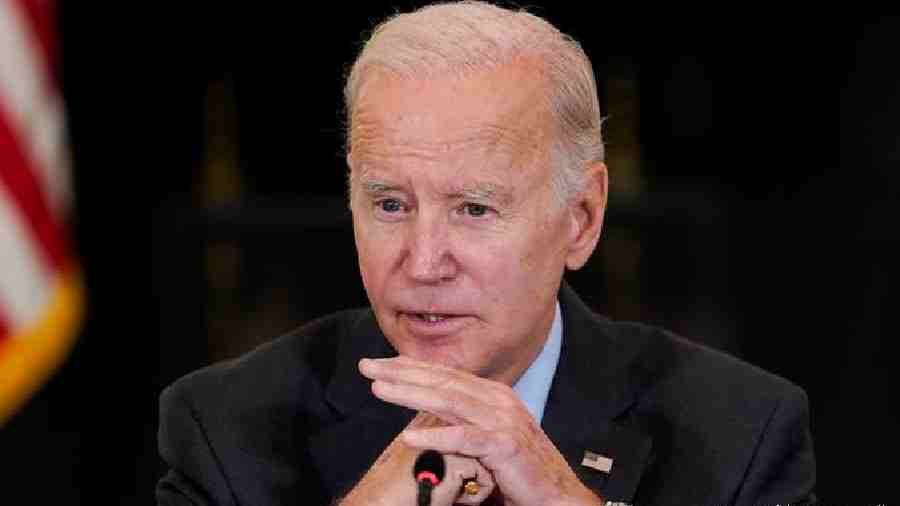Americans on Tuesday cast the final ballots in the US midterm elections that will determine whether Democrats lose control of Congress and with it the ability to push forward on President Joe Biden’s agenda in the next two years.
The party that controls the White House typically loses seats in midterm elections, and non-partisan forecasts suggest Tuesday’s results will be no exception, as concerns about high inflation and crime outweigh the end of national abortion rights and the violence of January 6, 2021, assault on the Capitol in voters’ minds.
Thirty-five Senate seats and all 435 House of Representatives seats are on the ballot. Republicans are widely favoured to pick up the five seats they need to control the House, while the Senate — currently split 50-50 with Democrats holding the tie-breaking vote — could come down to a quartet of toss-up races in Pennsylvania, Nevada, Georgia and Arizona.
But even before the midterm elections were completed, the 2024 presidential election was taking shape.
Former President Donald Trump on Monday night sent his strongest hint yet that he would be kicking off his third consecutive White House campaign soon, telling supporters in Ohio that he would be making a “big announcement” on November 15. He did not specify what that would be, but he has been telegraphing plans to run again since shortly after losing his 2020 re-election bid to Biden.
Hundreds of supporters of Trump’s false claims that his loss was the result of widespread fraud are on the ballot this year, including several seeking positions that would give them direct oversight of the 2024 presidential elections in competitive states.
More than 42 million Americans voted ahead of Election Day, either by mail or in person, according to data from the US Election Project.
State election officials caution that full results may not be known for days afterwards as they count ballots in close races — with control of theSenate perhaps not known until a potential December 6runoff in Georgia.
A Republican-controlled House would be able to block bills addressing Democratic priorities such as abortion rights and climate change.
Republicans could also initiate a showdown over the nation’s debt ceiling, which could shake financial markets, and launch potentially politically damaging investigations into Biden's administration and family. Republicans would look to use their leverage to make the 2017 individual tax cuts passed under Trump permanent, and protect corporate tax cuts that Democrats have unsuccessfully tried to reverse over the past two years.
A Republican Senate, meanwhile, would hold sway over Biden’s judicial nominations, including any SupremeCourt vacancy.
Top Senate Republican Mitch McConnell has already hinted he might refuse to fill an open seat on the top court until after the 2024 presidential election if he returns to the majority leader’s position.
The divided government would intensify the spotlight on the increasingly conservative court, which has already issued sweeping decisions erasing a nationwide right to abortion and vastly expanding gun rights, among others.
There are also 36 governorships and scores of other state-level races on the ballot, including hotly contested gubernatorial campaigns in the swing states of Michigan, Wisconsin, Nevada, Arizona and Georgia.










